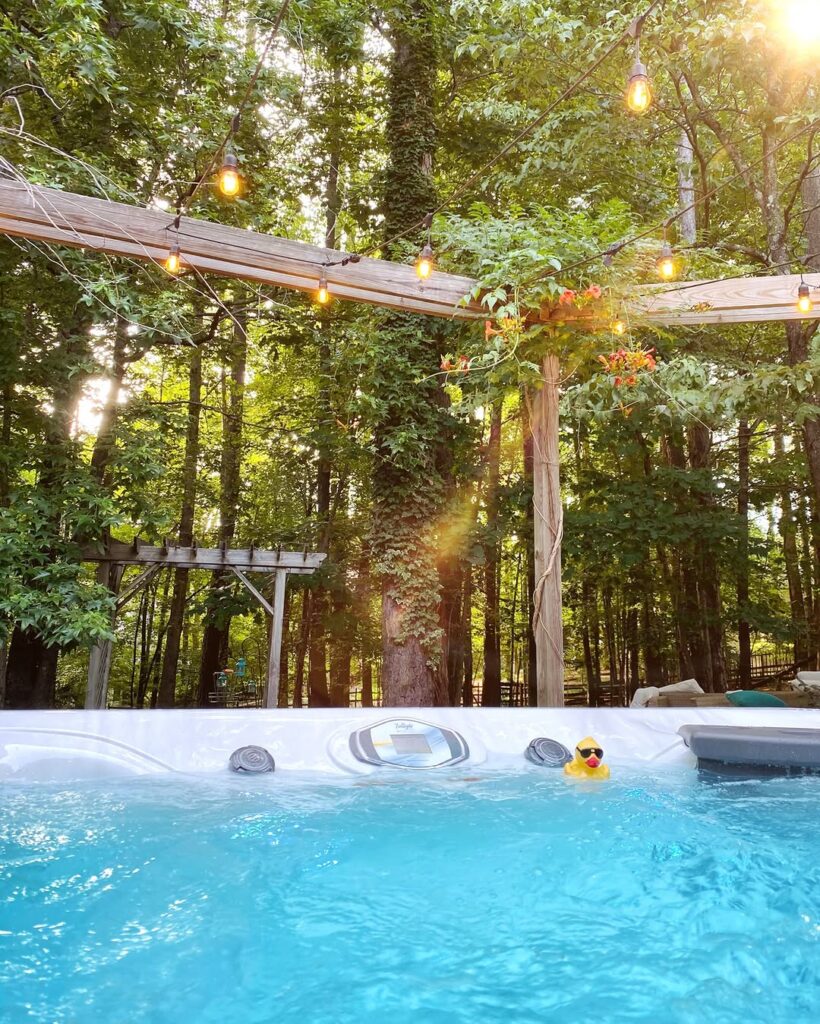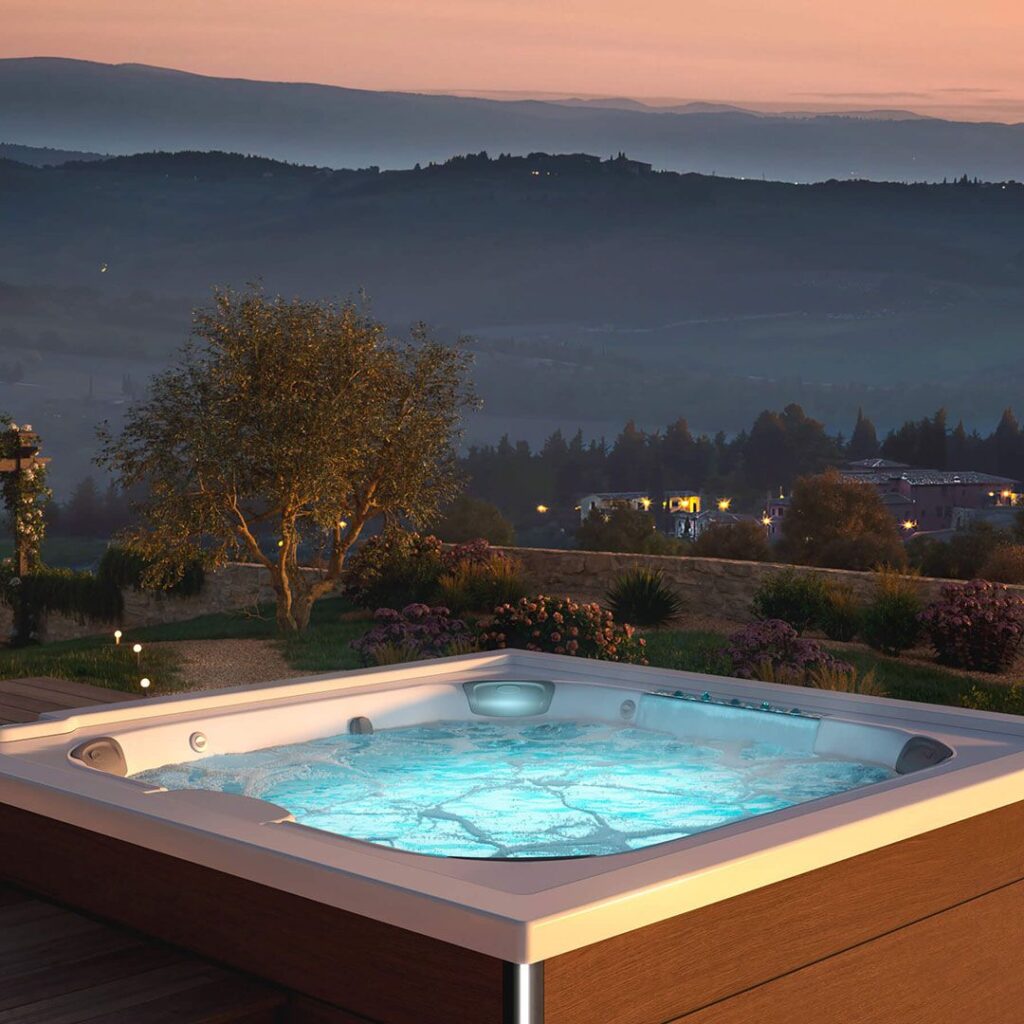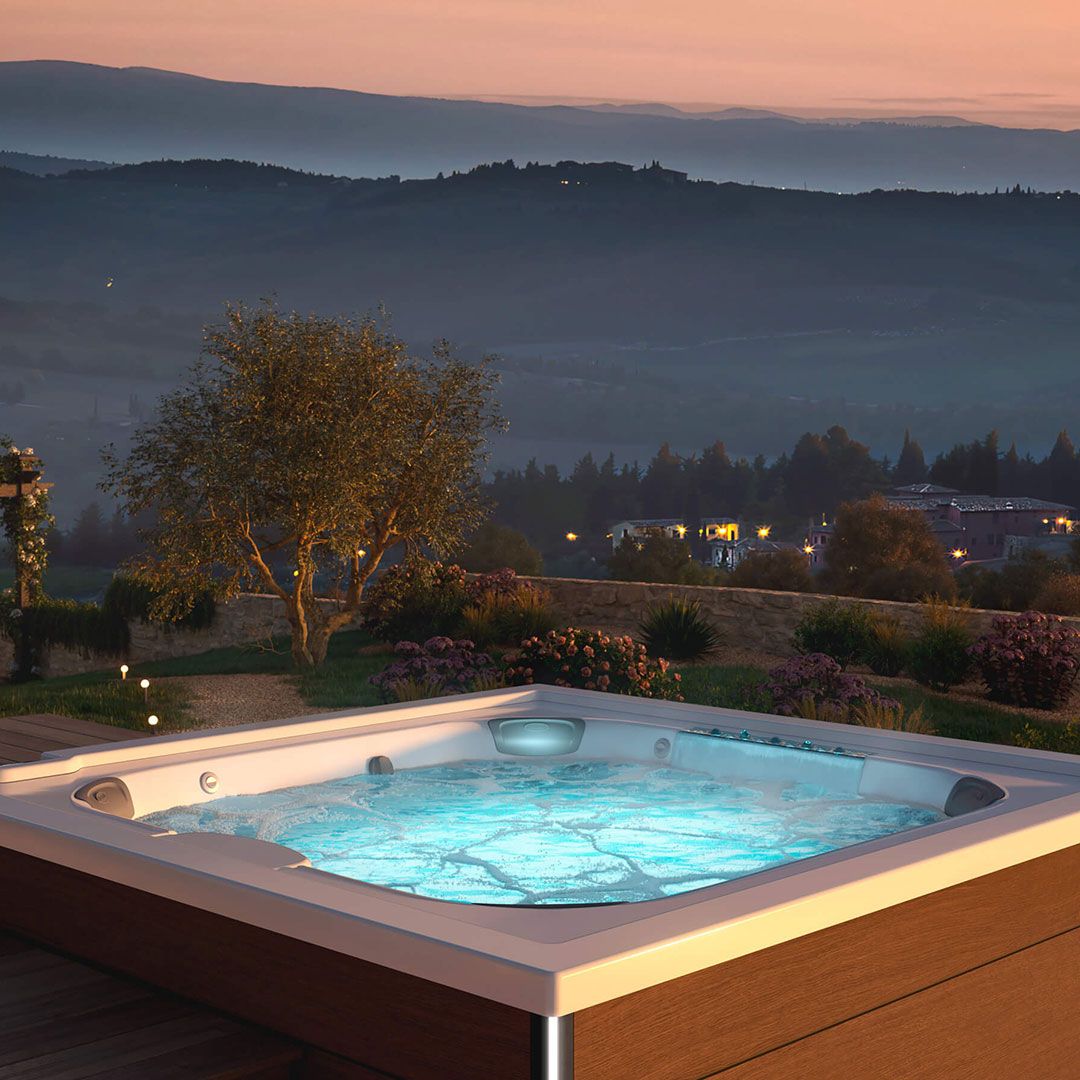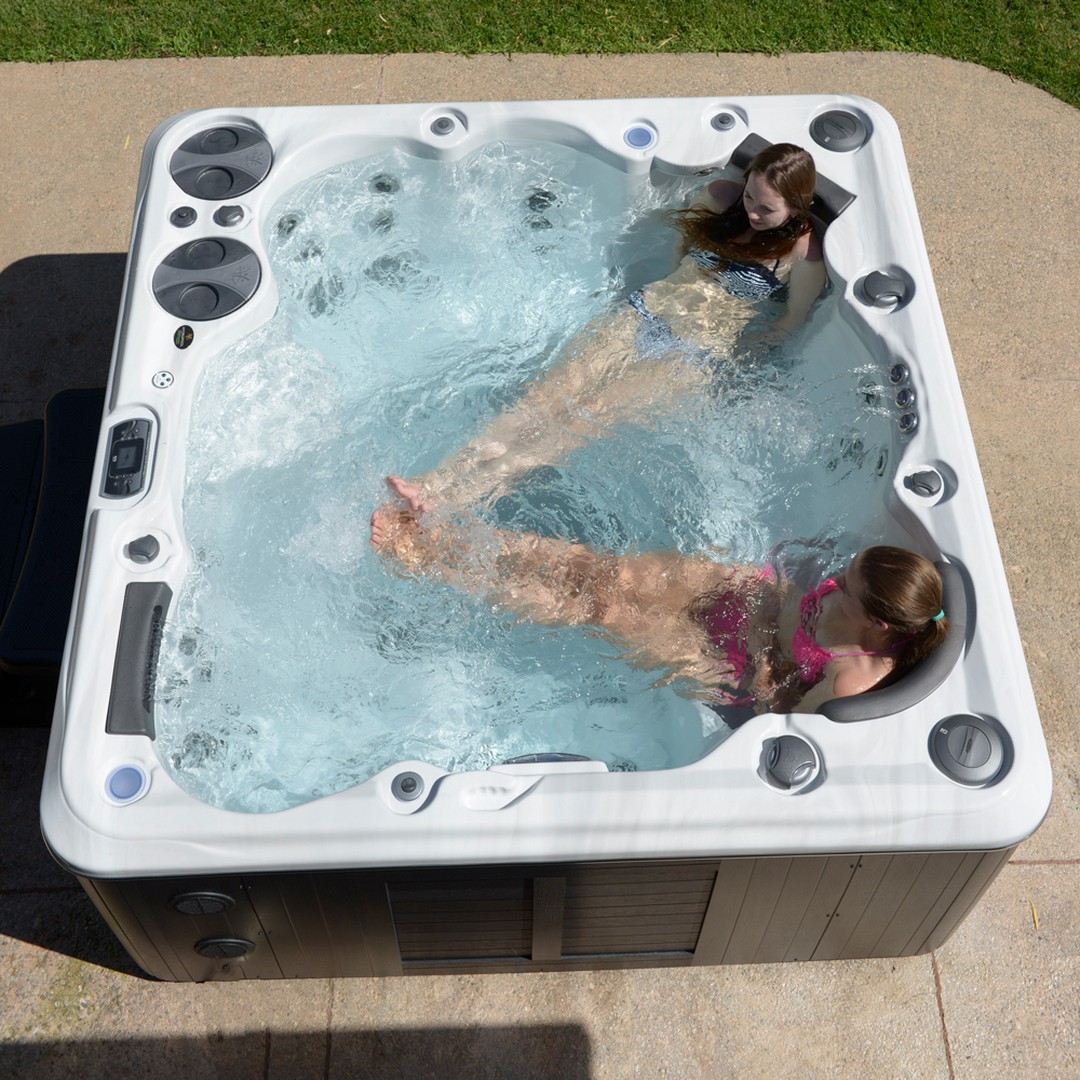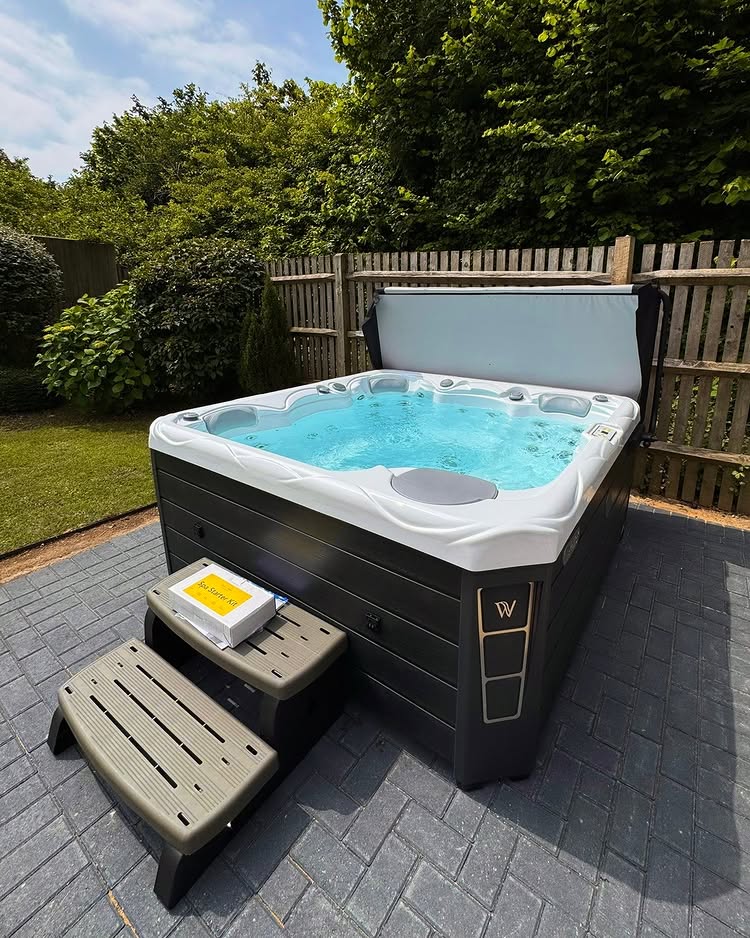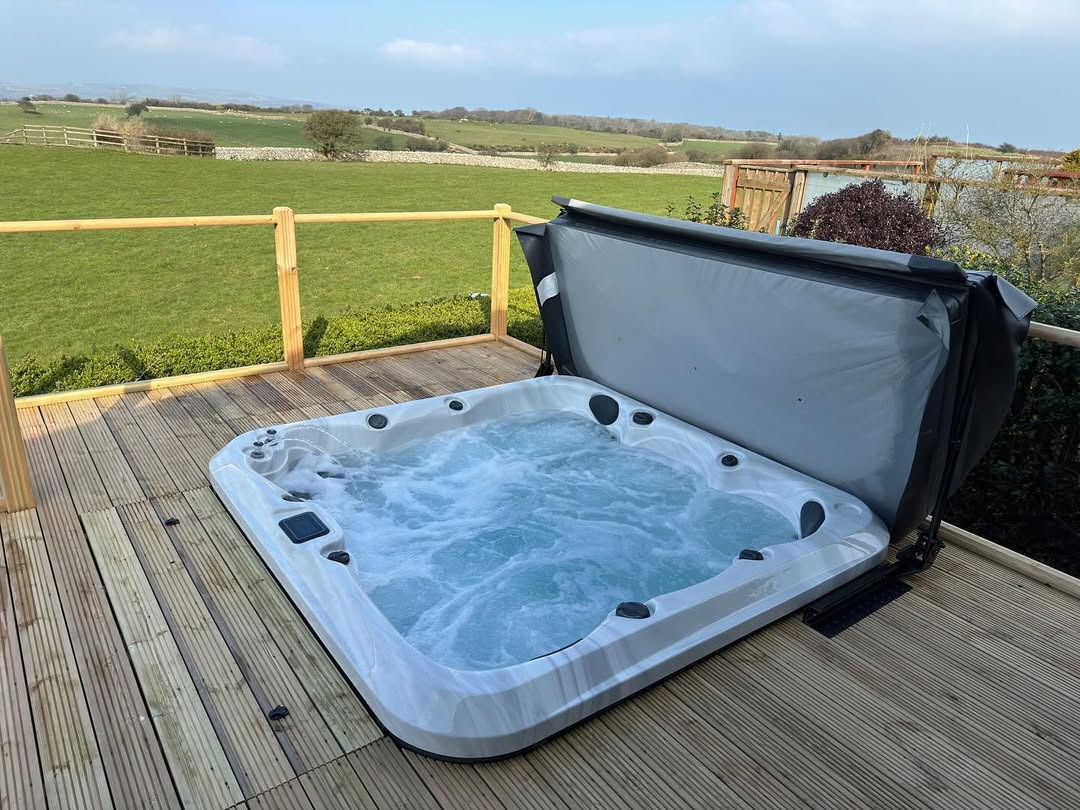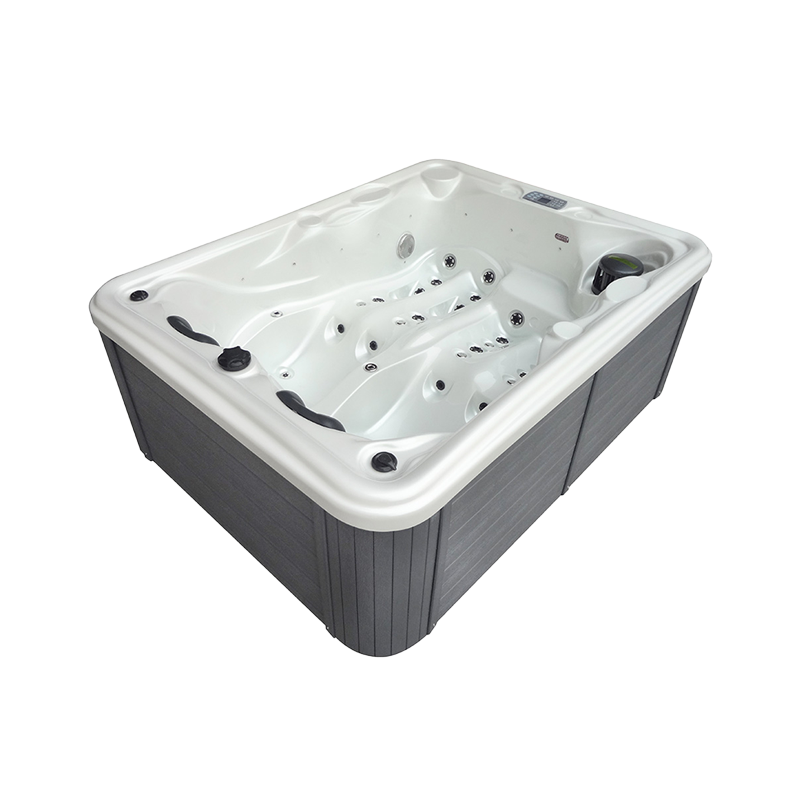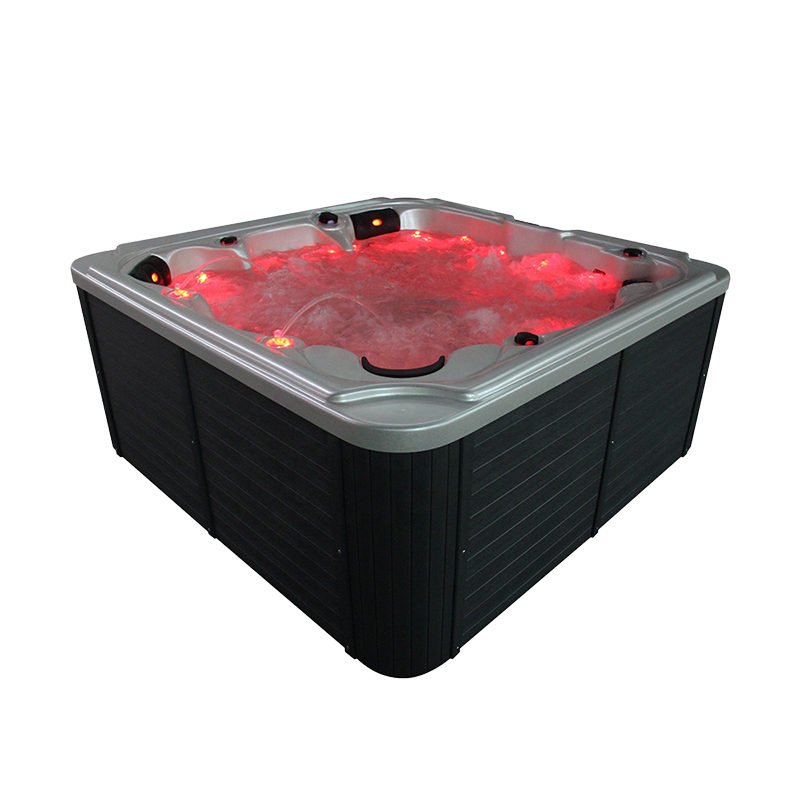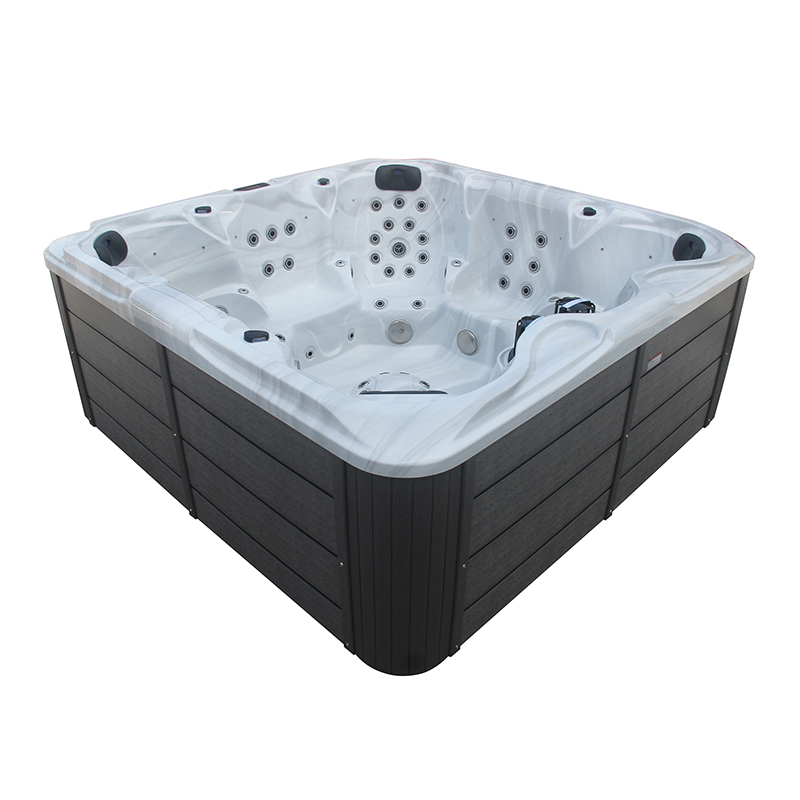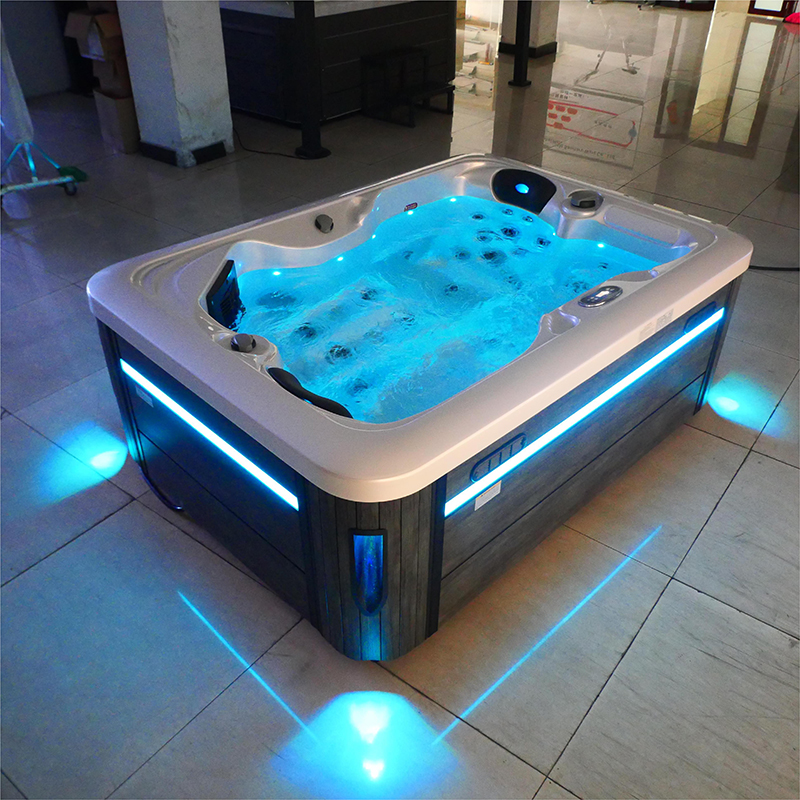Hot tubs are a popular luxury for many, offering relaxation, therapeutic benefits, and an opportunity to unwind after a long day. If you’re one of the lucky individuals with a hot tub at home, you likely already know how soothing and enjoyable soaking in hot water can be. But how long should you actually stay in a hot tub to reap the full benefits without overdoing it? In this article, we’ll explore the ideal duration for a hot tub session, what factors influence the time, and how to stay safe while soaking. We’ll also highlight additional features of hot tub use and answer frequently asked questions about this relaxing pastime.
1. The General Time Guidelines: How Long Can You Stay in a Hot Tub?
As a rule of thumb, the ideal duration for a hot tub soak is between 15 to 45 minutes. However, there are several variables that can influence how long you should stay in the hot tub, such as your personal health, tolerance to heat, and any pre-existing medical conditions. It’s important to listen to your body and avoid overdoing it, as staying in hot water for too long can cause discomfort or even health issues.
Start Slow and Build Tolerance
If you are new to using a hot tub, or if you’re not accustomed to long soaking sessions, it’s a good idea to ease into it. Initially, aim for shorter soaks—around 15 minutes—and gradually increase the duration as your body gets used to the heat. Starting at a lower water temperature (around 98°F to 100°F or 36°C to 37°C) can also help your body adjust, and you can increase the temperature slowly over time.
Listen to Your Body
It’s crucial to monitor how you feel while in the hot tub. If at any point you begin to feel lightheaded, dizzy, nauseous, or uncomfortable, it’s time to exit the water immediately. Overheating can cause dehydration, fatigue, or even fainting, so it’s better to err on the side of caution.
2. Health Considerations and Consultation
If you have a medical condition or are pregnant, it’s advisable to consult with your healthcare provider before using a hot tub regularly. Conditions such as cardiovascular disease, diabetes, or respiratory issues can be affected by prolonged exposure to hot water. Similarly, pregnant individuals should take extra precautions, as extended heat exposure may not be safe for the baby.
Your healthcare provider can help you determine the ideal temperature and duration for your specific needs. They can also advise you on how often you should use a hot tub for therapeutic purposes, ensuring it benefits rather than harms your health.
3. Benefits of Regular Hot Tub Use
When used properly, hot tubs can offer a variety of health and wellness benefits. These include:
- Stress Relief: Soaking in warm water helps to relax the muscles and mind, alleviating stress and tension.
- Zlepšený spánek: Warm water therapy can encourage relaxation, making it easier to fall asleep and stay asleep throughout the night.
- Úleva od bolesti: For individuals with chronic joint or muscle pain, hot tubs can provide temporary relief by increasing blood flow and reducing inflammation.
- Better Circulation: The heat from the water helps to expand blood vessels, improving circulation and promoting overall cardiovascular health.
- Post-Exercise Recovery: After a workout, a hot tub can help to ease muscle stiffness and speed up recovery time by improving blood flow to the muscles.
- Improved Mental Health: Regular use of a hot tub can help to improve mood, reduce anxiety, and provide a sense of tranquility.
4. Additional Hot Tub Features That Enhance Your Experience
Apart from the duration and temperature guidelines, there are a few additional features of hot tubs that can help you maximize your experience.
A. Hydromassage Jets
Most modern hot tubs come equipped with hydromassage jets, which can target specific muscle groups. These jets can help relieve muscle tension, improve circulation, and enhance relaxation. By adjusting the position of the jets, you can focus on areas like your back, neck, and legs for a customized therapeutic experience.
B. Lighting and Aromatherapy
Many hot tubs feature mood-enhancing lighting and aromatherapy options. Colored LED lights can set the ambiance for a relaxing soak, while adding essential oils to the water can promote relaxation, reduce stress, and even help with respiratory issues. Lavender, eucalyptus, and chamomile are popular essential oils used in hot tub aromatherapy.
5. Frequently Asked Questions About Hot Tub Use
Q1: How often should I use a hot tub?
There’s no one-size-fits-all answer to this, as the frequency of hot tub use depends on your health, lifestyle, and preferences. However, most people find that soaking 2-3 times a week provides the most benefit. It’s important to listen to your body and avoid overuse, especially if you experience any discomfort.
Q2: Can using a hot tub be dangerous for my skin?
Prolonged exposure to hot water can dry out the skin, so it’s essential to moisturize afterward to prevent dryness. Additionally, using the hot tub in moderation will reduce the risk of any adverse effects, such as skin irritation. Be mindful of the temperature and avoid sitting in the water for extended periods without taking breaks.
Q3: Can I drink alcohol while using a hot tub?
It is not recommended to drink alcohol while using a hot tub. The combination of alcohol and hot water can increase the risk of dehydration, dizziness, and fainting. If you do choose to have a drink, do so before or after your soak, and make sure to stay hydrated by drinking water.
Závěr
Hot tubs can be an excellent addition to your lifestyle, offering relaxation, therapeutic benefits, and an opportunity to unwind. However, it’s essential to be mindful of how long you stay in the water and to take precautions based on your health and tolerance. By following the guidelines and listening to your body, you can enjoy your hot tub experience to the fullest.
Whether you’re using the hot tub to ease stress, alleviate muscle pain, or simply enjoy a peaceful moment, moderation is key. Stay hydrated, be aware of your body’s signals, and consult a healthcare professional if you have any concerns about your hot tub use. With proper care, your hot tub can continue to provide a relaxing and health-enhancing experience for years to come.
Remember, everyone’s experience with a hot tub is different—what works for one person may not work for another. So, make sure to tailor your hot tub sessions to suit your needs and preferences, ensuring maximum enjoyment and safety.

